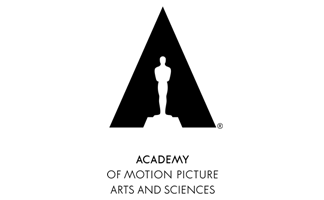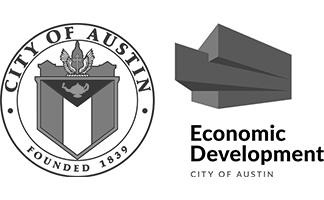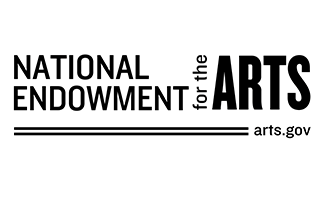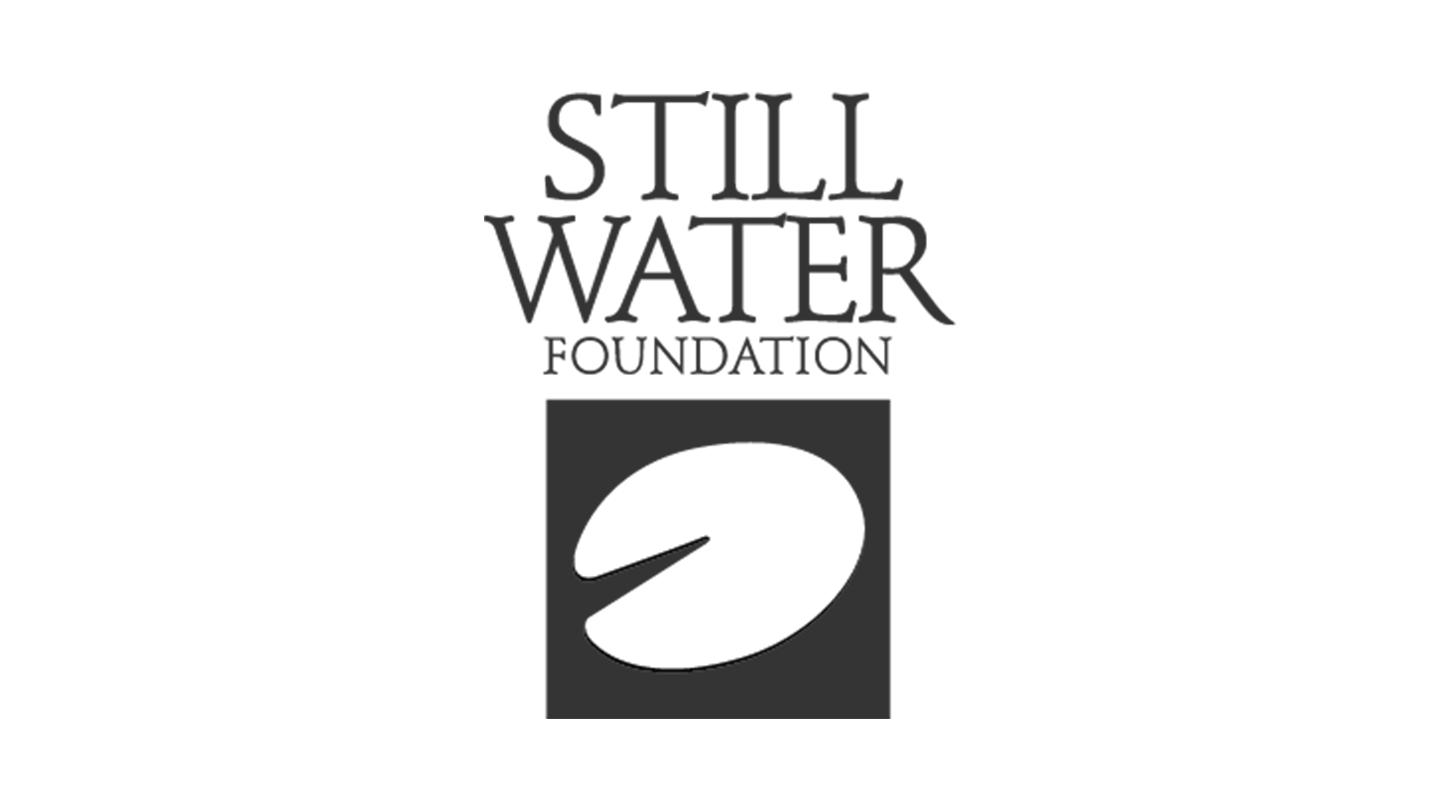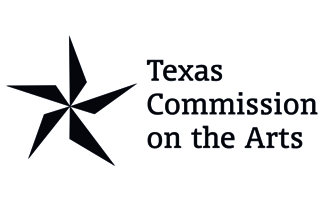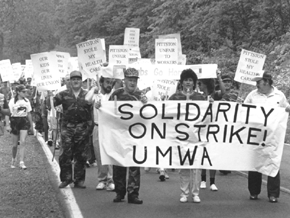
A STRIKE AND AN UPRISING (in texas) is an experimental documentary based on the telling of two events: the San Antonio pecan shellers’ strike of 1938 and the Jobs with Justice march led by Nacogdoches cafeteria workers, groundskeepers, and housekeepers in 1987.
In 1938, half of the nation’s pecans were shelled in San Antonio. When the shellers’ wages were cut from about 6 cents to 4 cents per shelled pound, Emma Tenayuca led an estimated ten thousand workers in a massive walkout. The strike lasted three months before the company gave in. While the pecan shellers’ strike is recognized by many as the birth of the Chicano movement, it is shrouded in myth and denial about its iconic communist leader, Emma Tenayuca.
The 1987 march on Nacogdoches resulted from the Annie Mae Carpenter race and gender discrimination lawsuit initiated by the NAACP ten years earlier. Finding that the University and the courts were unresponsive, workers organized a march of more than 3,000 people – labor unionists, civil rights, and women’s activists. The march led to a union contract, continuing union representation, and the payment of back wages. While the uprising in Nacogdoches is largely unknown, Texas historian Ruthe Winegarten described it as an epiphany for African American women in Texas.
I decided to explore both events in the same film, using the methods of oral history and, as an experiment, relating these stories strongly to contemporary ideas and events.
Oral history is far more than factual truth-telling. It is filtered through memory, belief, and desire. It seemed that the conventional pairing of interviews with archival “b-roll” limited both interest and meaning for the audience. And because, at its heart, oral history is a dialogue between interviewer and narrator, what happens before the interview in an effort to establish a relationship and what happens afterward in closure is just as relevant as the more formal interview. I decided to eliminate the use of any kind of generic illustration and to include material before and after and perhaps some digressions during interviews.
This approach leaves the archival, stills, and motion picture to stand on their own. At least three archival pieces have not been generally seen: scenes of organizing during the pecan strike of 1937-8 located at the Wayne State labor archive, a 1938 film about Nacogdoches donated to the Texas Archive of the Moving Image, and footage from the 1987 Jobs with Justice march in Nacogdoches shot by participants. In addition, I decided to film people who had recorded material and have them present it to us. Perhaps the strongest example is Sister Maria Eva Flores, who plays her recording of Emma Tenayuca on a boom box.
Instead of attempting to place us in the past or make comparisons between now and the good (or bad) old days, I decided to include narration based mainly on conversations with the crew as well as contemporary scenes: pecan gathering in Austin, the MLK Day March in San Antonio, the Texas Tea Party statewide gathering at the Capitol, Juneteenth in Nacogdoches, and the removal of the Jefferson Davis statue at UT-Austin. These document a specific present and allow the audience an opportunity to compare contemporary relationships of labor and protest with past struggles.
Finally, with photography by Lee Daniel, the film includes expressive scenes of Texas that allow an opportunity to consider political ideas and contradictions – a pump jack in front of a MacDonald’s hiring billboard on the road to Nacogdoches; the “Hispanic” Elvis riding his bicycle in front of a mural of the Birth of the Race in San Antonio.
A STRIKE AND AN UPRISING is a fiscally sponsored project of the Austin Film Society. You can make a donation to this project using the form below. You will receive a letter acknowledging your gift to the Austin Film Society on behalf on the project. Since AFS is a non-profit organization, your donation may be deducted from your taxes as a charitable contribution under section 501(c)(3) of the Internal Revenue Service code.
About the Filmmaker
Anne Lewis is an independent documentarian whose work reveals working class people fighting for social change. She produced, directed, and edited: TO SAVE THE LAND AND PEOPLE (SXSW); JUSTICE IN THE COALFIELDS (INTERCOM gold plaque); ON OUR OWN LAND (duPont-Columbia); CHEMICAL VALLEY in partnership with Mimi Pickering (POV); and FAST FOOD WOMEN (Judges’ Choice, London Film Festival, POV). Her latest film, made in partnership with Mimi Pickering, ANNE BRADEN: SOUTHERN PATRIOT, was described by Joan Baez as “a gem of a film… freedom fighters carve a path for one of the most effective nonviolent movements for social change the world has ever seen.” Howard Zinn wrote of MORRISTOWN: IN THE AIR AND SUN (2006), “Brings the complex issue of globalization down to its human level — where workers speak from the heart.” Anne was Associate Director/Assistant Camera for HARLAN COUNTY, USA. She’s the recipient of a 2010 United States Artists Award, a Rockefeller Media Arts Fellowship, two NEA individual artist fellowships, the University of Texas Regents’ Teaching Award for Exceptional Service and Innovation. She is a proud member of TSEU-CWA 6186.

